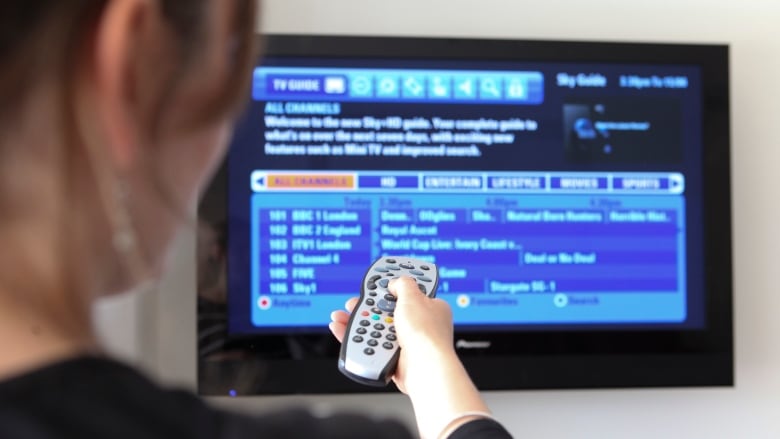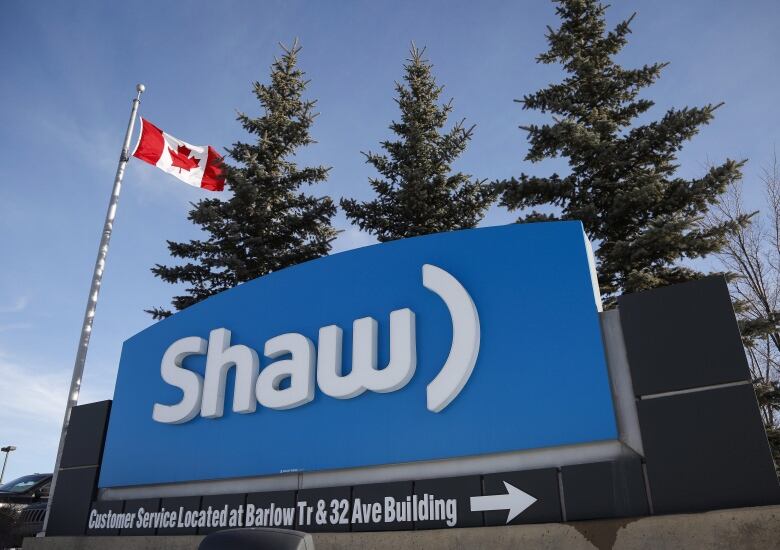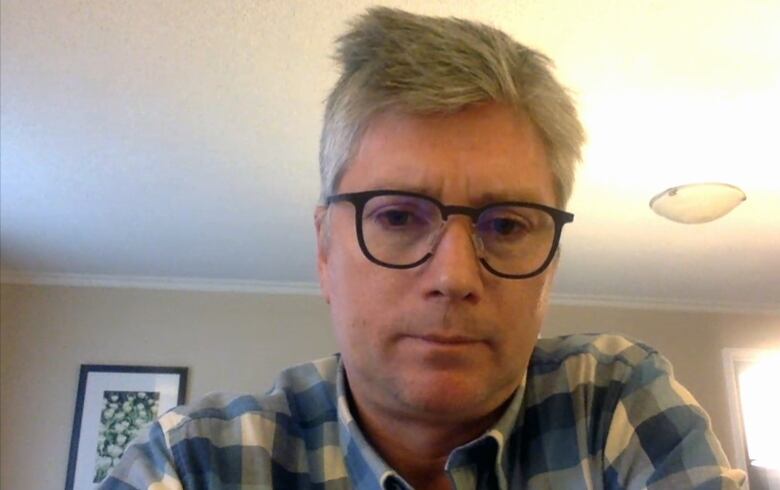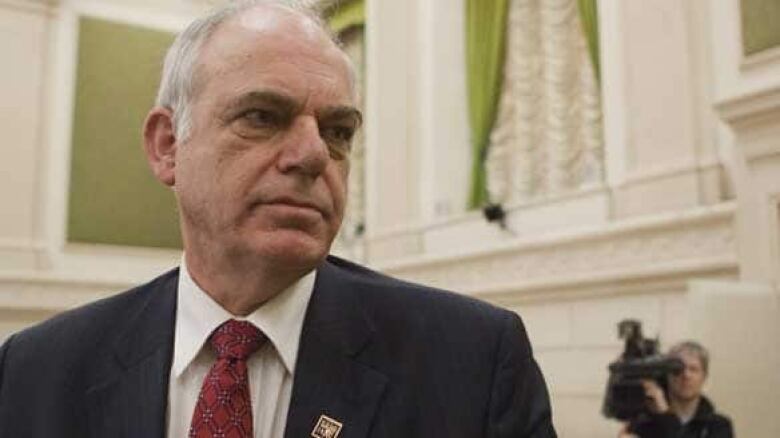Small-city and rural Canadians could lose their free TV
Shaw Direct asks CRTC to end program meant to replace over-the-air signals

Shaw Communications has asked the CRTC for permission to cut off free television to tens of thousands of Canadians in small cities and rural areasby ending a program to replace signals lost when broadcasters stopped transmitting viaanalog eight years ago.
In a recent application to the Canadian Radio-television and Telecommunications Commission,Shaw's home satellite service advised the broadcast regulator it wanted to terminate theLocal Television Satellite Solution (LTSS).
The LTSSprovided minimumaccess toCanadian television services, including CBC, Radio-Canada,CTV, Global and Citytv. It wasonly available free if a household wasin an area that previously received over-the-air signals free through an antenna, andlost themin 2011 when transmission converted to digital.
Unless I'm willing to give up some of the rent money, I have to accept that I will no longer be able to receive, as a Canadian, CBC programming.- Doug Grisack, LTSSsubscriber in Lethbridge, Alta.
That conversionremoved television service forrural Canadians across the countryand viewers in both small cities and metro areas aslarge as Saskatoon or London, Ont.
Lethbridge, Alta., resident Doug Grisackis concerned he'll lose access to programming as a result of Shaw's request, unless he opens up his wallet for pay television service.
"Unless I'm willing to give up some of the rent money, I have to accept that I will no longer be able to receive, as a Canadian, CBC programming," said Grisack, who has sent his concerns to the CRTC.
"I think as a Canadian taxpayer,I should have some sort of access to the national programming of the CBC."
Serviceacondition of Shaw acquiring Global
Providing the free satellite service was part of a deal Shawmade with the broadcast regulatorwhen it acquired Global TV in 2010. The CRTC required Shaw Direct (then branded Star Choice) to offer the program until its next licence renewal at the end of August 2019.

In filing for that licence renewal,Shaw indicated it provided equipment and satellite service to morethan 31,000 households, and while it refused to confirm for the CBC how many Canadiansare currently receiving signals,it said it voluntarily kept the program going fortwo years longer than the CRTCoriginally requested.
In a statement emailed to CBC News, Shaw said it would be "inappropriate" to comment on the LTSS while their application is in front of the CRTC.
Chunks of Canada loseaccess to basic, free TV
Large portions of Canada will no longer have access to basic services such as CBC Television signals if this goes through, according toGregory Taylor, a University of Calgary assistant professor.
"You've got these dead zones as far as over-the-air television goes right now," said Taylor, an expert in Canada's conversion fromanalog to digitaltelevision.
He is not advocating that the CRTC require Shaw itself to continue the LTSS, but believes it's importantthe federal regulator maintain basic TV access across the country.
Small cities likeKingston, Ont., Brandon, Man., Fort McMurray, Alta., andKelowna, B.C., would be affected.

"The success of this program should show the CRTC that this demand exists," said Taylor. "The CRTC can be creative about this if they choose to make the effort to maintain it."
Taylor pointedoutthe regulator has multiple sources of funding it can direct towards a program like the LTSS, similar to how the CRTC requires funding of Canadian television programming already.
Former chairman surprised by request
The past chairman of the CRTCfrom 2007-2012 told CBCNews he was surprised to hear of Shaw requesting to kill the LTSS service.
"I don't understand why they would not [continue]," said Konrad von Finkenstein, who oversaw the regulator during theanalog to digital transition for broadcast signals,and pointed out the LTSS service gave Shaw free advertising and access to potential customerhomes across the country.

"The whole idea of broadcasting over-the-air is to give people free access to television," saidvon Finkenstein. "Just because we made a change in assigning the airwaves [converting to digital] it should not come at the expense of people who were enjoying free TV before."
Shaw has sent advertisements to current LTSS clients offering them a two-year discount on paid service, but according to customers including Grisack, the company has not indicated what wouldhappen if the CRTC refuses their request to discontinue the program.
The CRTC is accepting public commentson Shaw's application until end of today (May 13).Shaw said it would make its final submission to the regulator later in the month.












_(720p).jpg)


 OFFICIAL HD MUSIC VIDEO.jpg)
.jpg)



























































































